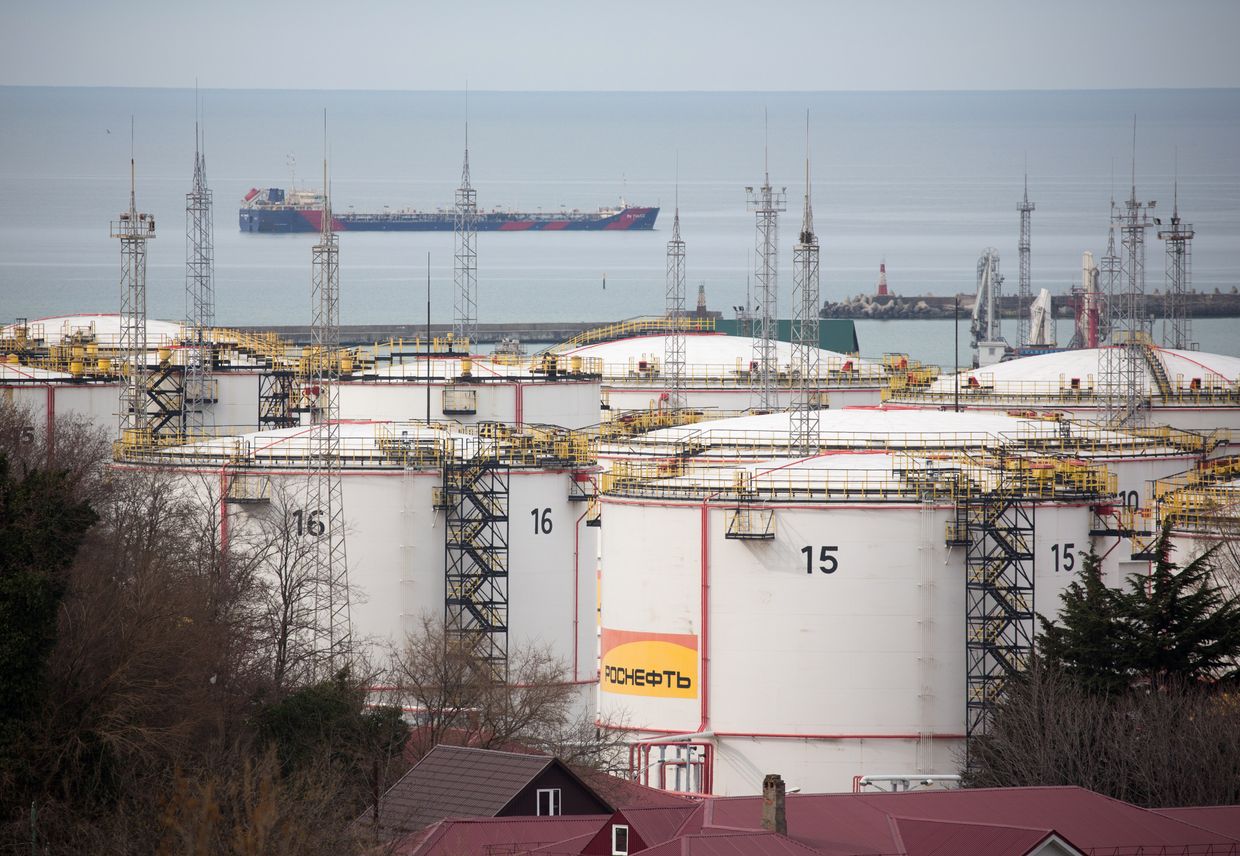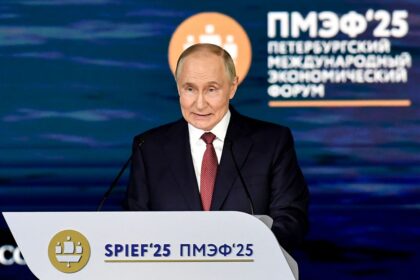**India’s Russian Oil Imports on the Rise**
In a move that is likely to please Moscow, India’s imports of Russian crude oil are expected to reach 2.15 million barrels per day in April. This would be the highest volume since May 2023, according to Bloomberg.
The increase in imports comes despite disruptions caused by US sanctions on Russia’s fossil fuel exports earlier this year. The sanctions had complicated Moscow’s ability to export crude oil, but it appears that the Indian market has been able to overcome these challenges and is now buying more Russian oil than ever before.
India, which is the world’s third-largest oil importer, has become a leading buyer of Russian oil products in recent years. This is largely due to the fact that Russia sells its oil at a discount to India, which is a significant advantage for Indian refiners.
The move by India to increase its imports of Russian crude oil also reflects the country’s neutral stance on the conflict between Russia and Ukraine. While many countries have imposed sanctions on Russia in response to its actions in Ukraine, India has maintained a cautious approach, calling for a peaceful solution while continuing to trade with Moscow.
**A New Era in Energy Imports**
The fact that India is increasing its imports of Russian crude oil at this time is significant, as it reflects the country’s willingness to continue trading with Russia despite the ongoing conflict in Ukraine. This move also underscores the importance of energy security for India, which relies heavily on imported oil to meet its fuel needs.
In recent months, Indian refiners have been able to take advantage of discounted Russian oil prices, which has helped to reduce their costs and boost profits. The increase in imports is also likely to benefit Russia, which will see a significant increase in revenue from oil sales.
**The Global Implications**
The increased imports of Russian crude oil by India are also relevant to the global energy market. As one of the world’s largest oil consumers, India’s energy purchases have an impact on the global supply and demand dynamics. The fact that India is continuing to buy more Russian oil at this time suggests that the country remains committed to meeting its growing energy needs, even in a volatile global market.
In conclusion, India’s decision to increase its imports of Russian crude oil reflects the country’s pragmatic approach to energy security. While many countries have imposed sanctions on Russia, India has chosen to maintain good relations with Moscow and take advantage of discounted oil prices. This move is likely to benefit both India and Russia in the short term, but it also raises questions about the long-term implications for global energy markets.
**Commentary**
The decision by India to increase its imports of Russian crude oil highlights the complexities of international trade relationships in a rapidly changing world. As one of the world’s largest economies, India is faced with balancing its own energy needs against the need to maintain good relations with other countries.
In this case, India has chosen to prioritize its energy security over diplomatic considerations, but it remains to be seen how this move will affect the country’s relationships with other nations in the long term. The fact that India is willing to continue trading with Russia despite the ongoing conflict in Ukraine suggests a willingness to take calculated risks and navigate complex international dynamics.
**Analysis**
The increased imports of Russian crude oil by India are also significant because they reflect the changing global energy landscape. As more countries prioritize their own energy security, we can expect to see an increase in bilateral trade relationships between major economies.
In this context, India’s decision to continue buying Russian oil is part of a broader trend towards greater energy cooperation and self-sufficiency. This shift has significant implications for global supply and demand dynamics, as well as the long-term prospects for energy markets around the world.
Read More @ kyivindependent.com












